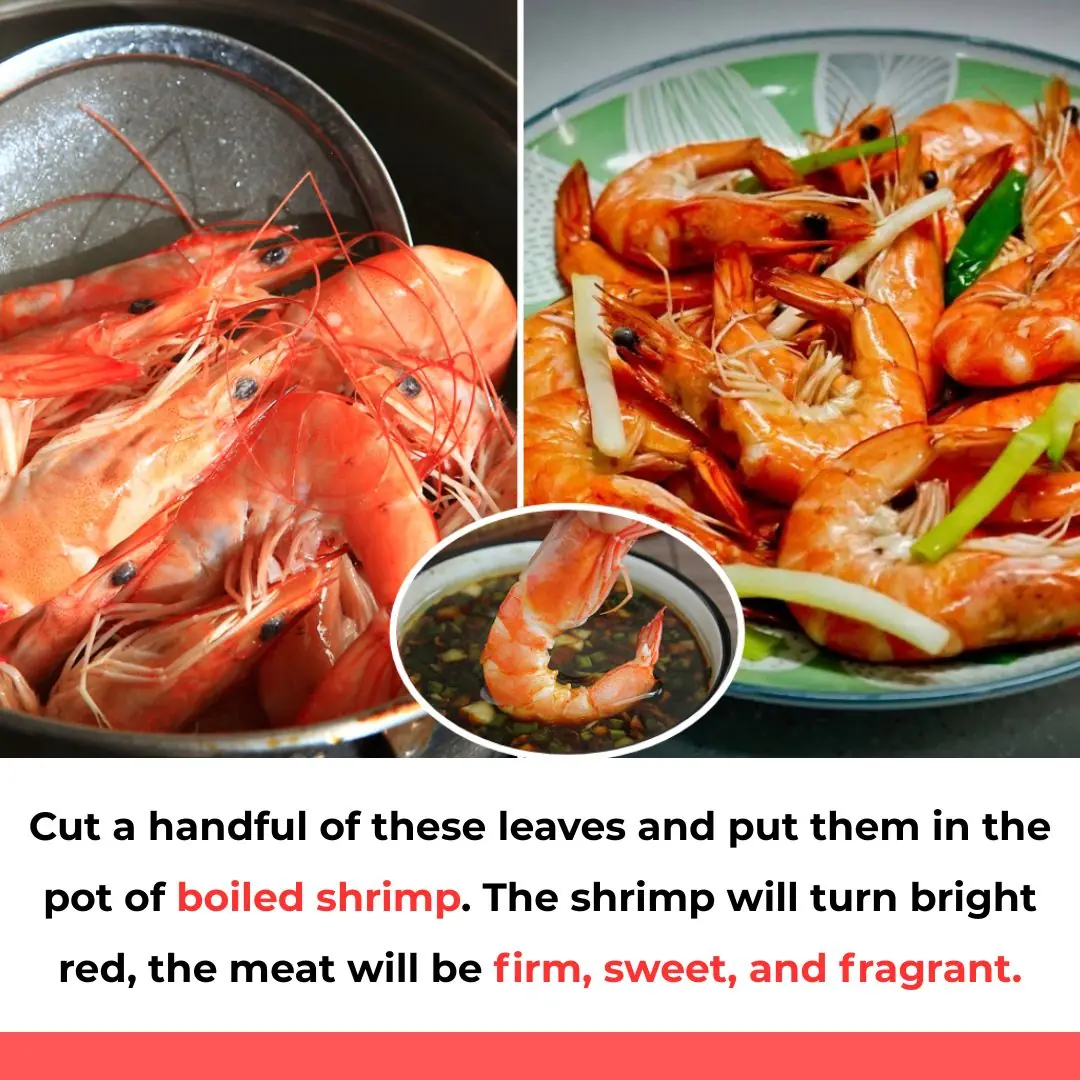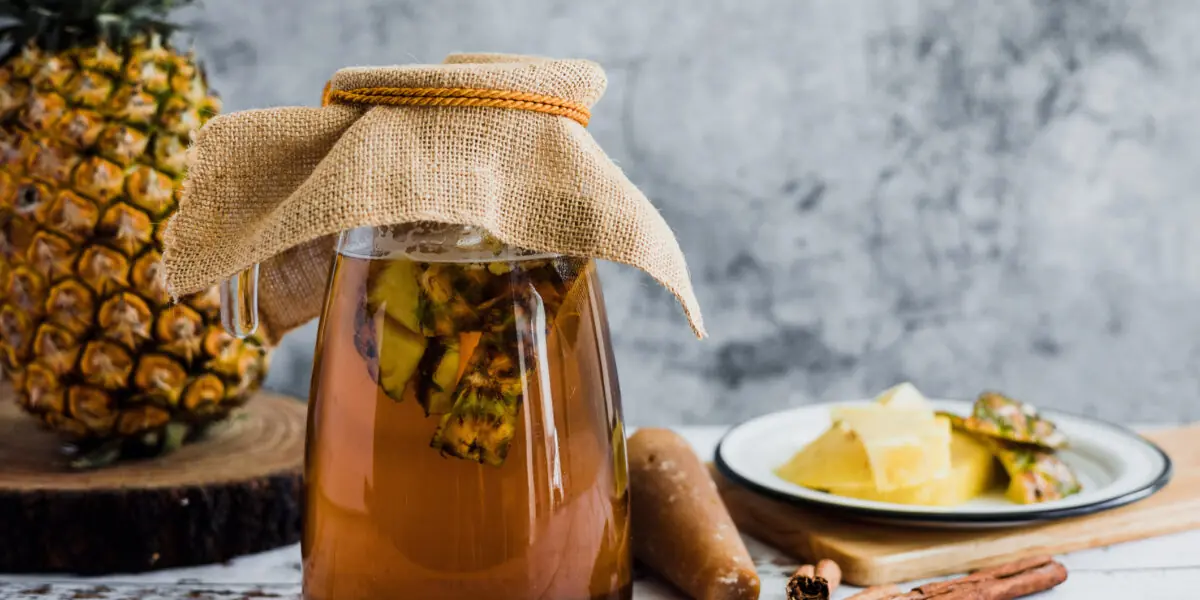
3 types of plants to avoid growing in the house, or else they will cause bankruptcy, loss of wealth, and bad luck.
🌿 3 Types of Plants You Should Avoid Growing Around Your Home, According to Feng Shui Experts
In feng shui, plants are not just decorative elements — they carry energy, or qi, that can either nurture or disrupt the harmony of a space. A well-chosen plant brings vitality, prosperity, and peace, while an unsuitable one may attract negative energy or imbalance the home’s atmosphere.
Below are three types of plants that feng shui experts recommend you limit or avoid planting near your home, not only for energetic reasons but also for safety and well-being.
1. Oleander (Trúc đào)
Oleander is admired for its vibrant, year-round blossoms and ability to thrive under strong sunlight. Its beauty often makes it a popular choice for gardens and public areas.
However, behind its stunning appearance lies a dangerous truth: every part of the oleander plant — from its flowers and leaves to its milky sap — contains potent toxins. Ingesting even a small amount can cause serious poisoning, and prolonged skin contact may also irritate or harm your health.
From a feng shui perspective, oleander is not highly regarded either. The plant symbolizes loneliness and extreme resilience, to the point of being harsh or isolated. Its meaning is often interpreted as “beautiful but distant,” or worse, “beautiful but ill-fated.”
For families with small children or pets, it’s best to avoid planting oleander entirely, as its risks far outweigh its ornamental value.
🌸 Feng Shui Insight: While oleander can thrive under harsh conditions, its intense energy is believed to clash with the calm, nurturing qi of a household. It’s better suited for outdoor spaces far from daily living areas.
2. Cactus (Xương rồng)
Cacti are beloved for their striking shapes and minimal maintenance needs. They’re hardy, resilient, and can survive with little water — qualities that many modern homeowners appreciate.
Yet in feng shui, the cactus’s most defining feature — its sharp spines — is also what makes it problematic. Those pointed thorns are said to emit “sha qi” (negative energy) that disrupts harmony, blocks positive energy flow, and can symbolically “pierce” good fortune.
If placed indoors or on a work desk, cacti are believed to invite conflict, stress, or stagnation in relationships and career progress.
However, this doesn’t mean cactus lovers must give up the plant altogether. The key lies in placement.
🌵 Feng Shui Tip: Place cacti outside the home, such as on a balcony, windowsill, or near the front entrance. In these positions, the plant’s protective energy can repel negative forces from outside rather than disturb the harmony within.
3. Willow Tree (Cây liễu)
Graceful and elegant, the willow tree has long symbolized poetry and emotion. Its soft branches that hang down like flowing water evoke beauty and tranquility. Yet in feng shui, willow trees carry a more somber meaning.
They are traditionally associated with sadness, separation, and loss. In literature and art, willow branches often appear in farewell scenes — a visual metaphor for parting and melancholy.
Planting a willow near your home is said to drain yang energy (the active, positive life force) and may create an atmosphere of gloom or emotional heaviness.
Even displaying dried willow branches indoors, such as in a vase in the living room or bedroom, is considered inauspicious. Though aesthetically pleasing, they may subtly attract sorrowful energy or a sense of loneliness.
🍃 Feng Shui Reminder: Avoid decorating with willow branches or images of willows in your home. Instead, choose plants symbolizing growth and vitality, such as money trees, lucky bamboo, or jade plants.
🌼 Final Thoughts
Feng shui is not merely about superstition — it’s about harmony between humans and nature. The energy of a plant can influence how we feel, how we connect, and how our space supports us.
While oleander, cactus, and willow trees may have beauty or symbolic strength, they’re better admired from a distance. For a peaceful, balanced home, opt for plants that radiate positivity and life energy, such as orchids (symbolizing prosperity), peace lilies (for harmony), or golden pothos (for wealth and growth).
⚖️ Disclaimer: The information above is meant for reflection and personal exploration in the context of feng shui. Interpretations may vary depending on cultural background and belief.
News in the same category


Every washing machine has this small part, open it once a month, clothes will smell fresh, machine will be cleaner and more durable

How to make delicious Japanese-style pink pickled ginger, with readily available ingredients

Mosquitoes fear this bowl of water the most. No matter how many mosquitoes there are in the house, they will all go away, so you can sleep peacefully.

3 tips to make roast pork with golden brown, crispy skin, more delicious than restaurant

10 great tips with baking soda, helping to solve many problems in the house

Noni soaked in rock sugar – A remedy with many wonderful uses

Bougainvillea loves this type of water the most. Water it once every 10 days and the flowers will bloom brilliantly, covering the branches.

Husband secretly gave money to the maid, I was surprised to know her real identity.

How to recognize fake honey, honey mixed with sugar

How to keep watermelon fresh for a month: A small tip that everyone needs to know this summer

Cut a handful of these leaves and put them in the pot of boiled shrimp. The shrimp will turn bright red, the meat will be firm, sweet, and fragrant.

No need for a refrigerator, ancient people used these 6 ways to preserve eggs for a whole month and keep them fresh

Tips for cleaning electric kettles to help remove limescale and unpleasant odors: Simple but effective

Do you know the effects of this oil on your life?

Everyone thinks this part of the cow is the most delicious, but it's both dirty and poisonous. Don't buy it at the market, no matter how cheap it is

Don't throw away tuna cans: they're worth their weight in gold if you reuse them this way!

Why You Should Avoid Drinking the Mineral Water Provided in Hotel Rooms: The Subtle Reasons You Might Not Know — Read Now to Protect Yourself
News Post

Jennifer Hudson Champions Musical Inclusivity Amid Super Bowl Language Debate

Jennifer Hudson Cheers on Bad Bunny’s Super Bowl Swagger — and Starts Learning Spanish Herself

Charli XCX shares cryptic video after Taylor Swift’s ‘Actually Romantic’ diss

NY authorities clamp down on liquor store openings citywide as booze demand plummets

Desperate rescue effort underway to save hundreds of hikers stuck on Mount Everest after snowstorm

Six signs you may be a functioning alcoholic according to doctor

Pineapple Water: A Refreshing Drink That Supports Your Health

The Silent Threat: Recognizing Early Signs of Kidney Disease and Lifestyle Prevention

A Heartwarming Encounter: A Child’s Innocence and the Power of Love.

The Stranger Who Stopped: How One Man’s Compassion Saved a Life on a Busy Georgia Road

Baking Soda (Bicarbonate of Soda): Uses and Benefits (Science Based)

A Father’s Day Gift Like No Other: A Daughter’s Kidney, A Father’s Second Chance

Benefits of Walking: Why Walking is One of the Best Forms of Exercise 🚶♀️

Maliyah’s Fight: A Fifteen-Year-Old Cheerleader Battling Stage 4 Cancer With Courage and Faith

No Cake, No Balloons: A Firefighter’s Quiet Birthday of Purpose and Service

Orangutan Secretly Watches Over Woman During Jungle Survival Challenge

“The Stranger on a Plane: How One Man’s Kindness Gave a Mother the Gift of Rest”

A Little Fighter’s Final Victory: Remembering Bryson’s 1,027-Day Battle

A Match Made in Dog Heaven: A Toddler and Her Puppy Who Share a Special Bond
